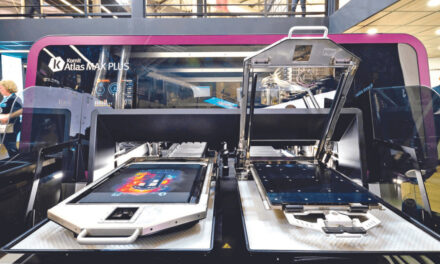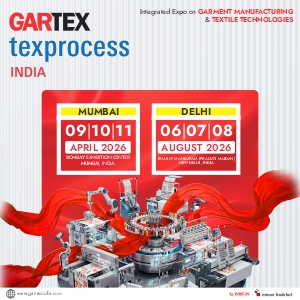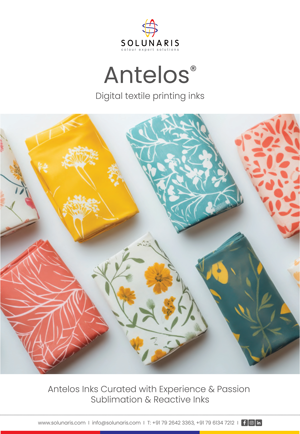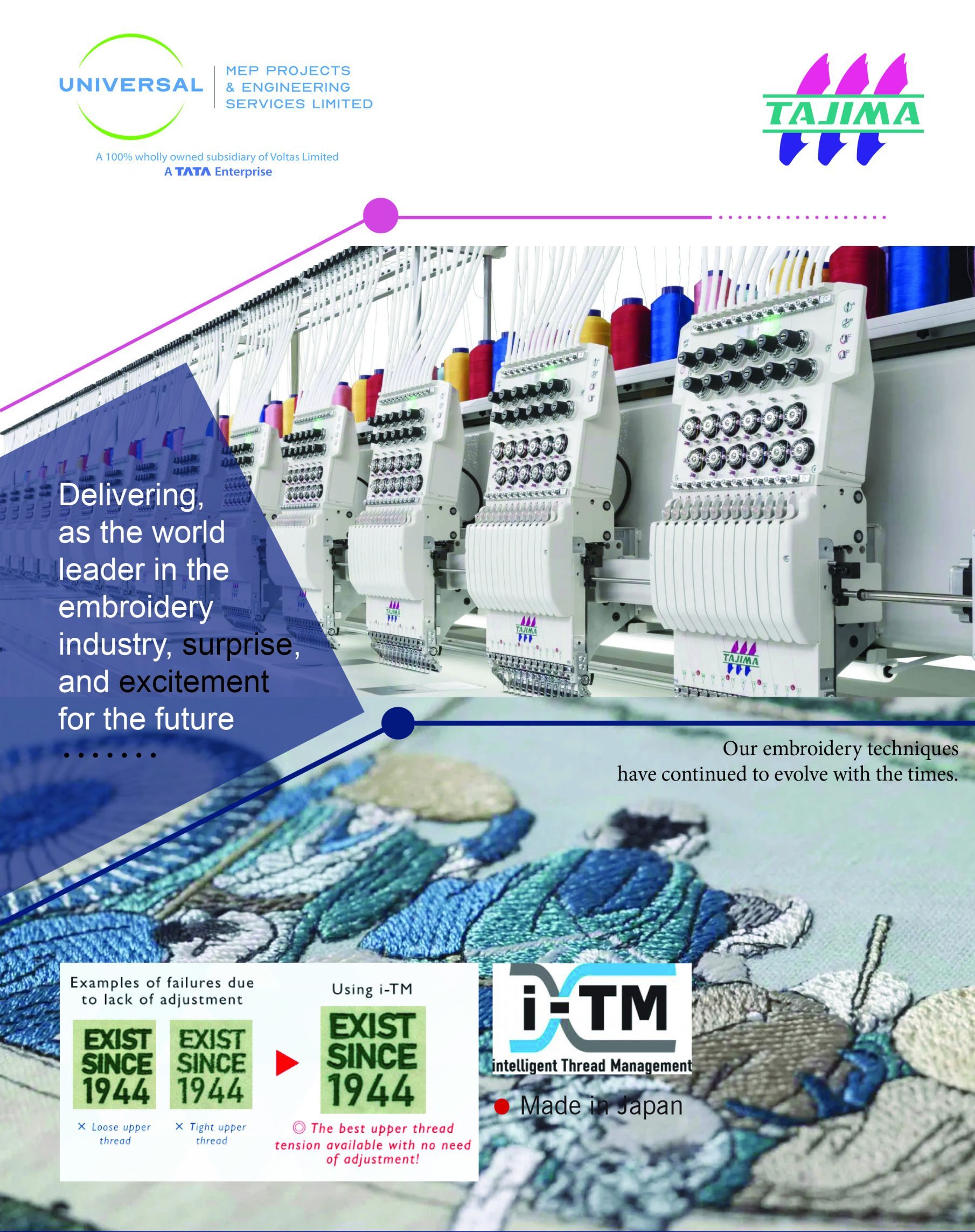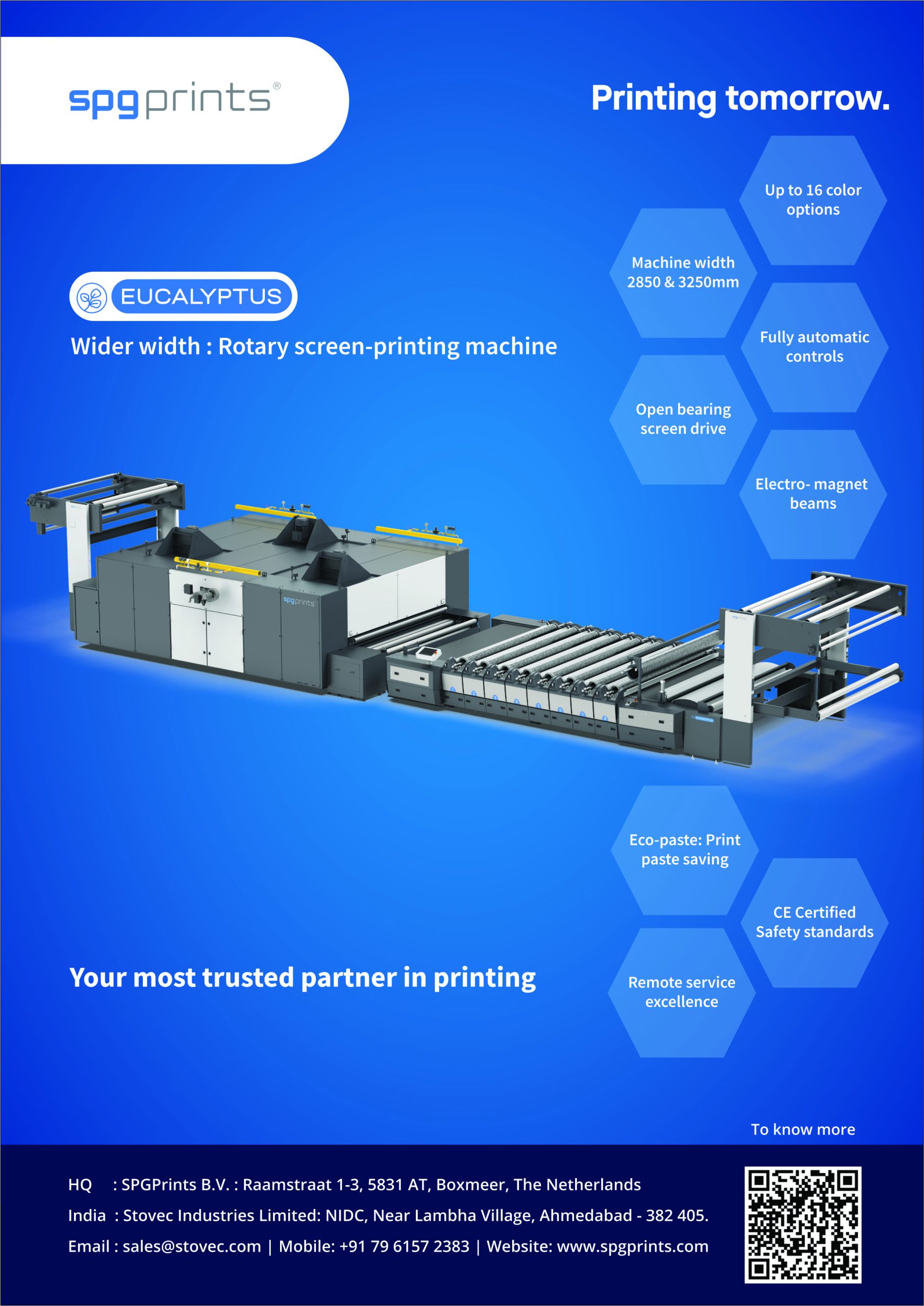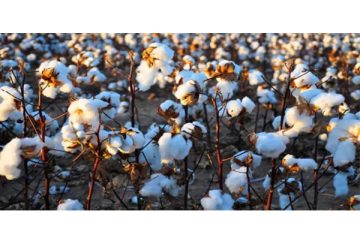Market Summary
 According to latest research by Research Intelo, the Global Digital Textile Reactive Ink market size was valued at $1.2 billion in 2024 and is projected to reach $3.8 billion by 2033, expanding at a robust CAGR of 13.8% during 2024–2033. This remarkable growth trajectory is primarily driven by the increasing adoption of digital printing technologies in the textile sector, which offers enhanced design flexibility, reduced production turnaround times, and lower environmental impact compared to traditional dyeing methods. The shift from conventional to digital textile printing, especially for customized and small-batch production, is fostering significant global demand for reactive inks, as these inks provide vibrant colors and superior wash-fastness on cellulosic fabrics such as cotton and viscose.
According to latest research by Research Intelo, the Global Digital Textile Reactive Ink market size was valued at $1.2 billion in 2024 and is projected to reach $3.8 billion by 2033, expanding at a robust CAGR of 13.8% during 2024–2033. This remarkable growth trajectory is primarily driven by the increasing adoption of digital printing technologies in the textile sector, which offers enhanced design flexibility, reduced production turnaround times, and lower environmental impact compared to traditional dyeing methods. The shift from conventional to digital textile printing, especially for customized and small-batch production, is fostering significant global demand for reactive inks, as these inks provide vibrant colors and superior wash-fastness on cellulosic fabrics such as cotton and viscose.
The digital textile reactive ink market is witnessing significant growth, driven by rising demand for eco-friendly printing solutions and advanced textile designs. Reactive inks are widely used in digital textile printing due to their superior color vibrancy, wash-fastness, and compatibility with natural fibers like cotton and linen. With the global market projected to reach $3.8 billion by 2033, this sector is set to redefine the textile industry.
Advantages of Reactive Inks
Reactive inks chemically bond with natural fibers, resulting in vibrant colors and exceptional durability. Their ability to produce intricate patterns and high-quality prints makes them ideal for premium fashion and interior applications. Furthermore, reactive inks are compatible with digital printing machines, reducing production time and resource consumption while enabling smaller batch runs for custom designs.
Sustainability Driving Market Adoption
Sustainability is a key trend shaping the textile sector, and reactive inks align well with eco-conscious initiatives. Digital printing with reactive inks reduces water and energy usage compared to traditional methods. Many manufacturers are also focusing on developing water-based, non-toxic inks, further driving adoption among environmentally aware consumers and brands.
Technological Innovations Boosting Growth
Technological advancements are playing a vital role in market expansion. Modern digital printing machines are designed to enhance ink performance and reduce costs. Innovations in reactive ink formulations are improving drying times, print resolution, and fabric compatibility, creating opportunities for new applications and wider adoption.
Challenges Facing the Industry
Despite strong growth potential, the market faces challenges such as high equipment costs, technical complexities, and the need for skilled labor. Additionally, digital textile printing is still a developing sector in many emerging markets, limiting widespread adoption. Manufacturers are focusing on cost optimization and training initiatives to address these barriers.
Opportunities in the Market
The digital textile reactive ink market presents numerous growth opportunities for manufacturers and investors:
• Rising Demand for Customization: Increasing consumer interest in personalized fashion, accessories, and home décor is boosting digital printing adoption, creating opportunities for reactive ink suppliers.
• Expansion in Emerging Markets: Countries in Southeast Asia, Latin America, and Africa are witnessing growth in textile production, presenting untapped opportunities for market players.
• Eco-friendly Ink Innovations: Research into biodegradable and low-impact inks can help manufacturers attract sustainability-driven brands.
• Integration with Advanced Printing Technology: Pairing reactive inks with AI-driven design tools, robotics, and automation opens new possibilities for faster and more precise textile production.
• Growth in E-commerce and On-demand Printing: The shift toward online retail is fueling small-batch, quick-turnaround printing, where reactive inks offer high-quality results.
Competitive Landscape
• Dover Corporation (JK Group)
• Sensient Technologies Corporation
• Kornit Digital
• SPGPrints
• DuPont de Nemours, Inc.
• Huntsman Corporation
• BASF SE
• Dystar Group
• Zhejiang Lanyu Digital Technology Co., Ltd.
• Everlight Chemical Industrial Corporation
Future Outlook
The digital textile reactive ink market is expected to grow steadily as fashion brands, home décor companies, and custom printing providers shift toward digital solutions. Ongoing innovation, combined with increasing consumer demand for sustainable and personalized products, will shape the market’s future. Companies investing in eco-friendly inks and high-performance printing solutions are likely to gain a competitive edge.
Source: Research Intelo





